Find Your Perfect Wood Product
If you find a product you like, reach out to us for more details and assistance.
Iroko
Iroko offers superb weathering properties and a wonderful earthy burnished-brown color. Consider it the best alternative to high-priced teak. Medium to coarse texture with an interlocking grain that often produces interesting patterns. Open pores could be filled for a smooth finish, or left alone for a natural texture. Expect the wood to work easily with both power and hand tools.
Length: 8'
Thickness: 4/4, 8/4
- Common Name(s): Iroko
- Scientific Name: Milicia excelsa
- Distribution: Tropical Africa
- Tree Size: 100-130 ft (30-40 m) tall, 3-5 ft (1-1.5 m) trunk diameter
- Average Dried Weight: 41 lbs/ft³ (655 kg/m³)
- Janka Hardness: 1,260 lbf (5,600 N)
- Crushing Strength: 7,980 lbf/in² (55 MPa)
Heartwood: Yellow to golden or medium brown, darkening with age.
Sapwood: Pale yellow, clearly demarcated from heartwood.
Grain: Generally interlocked.
Texture: Medium to coarse texture with a good natural luster.
Rated as very durable and resistant to both rot and insect attack, making it a popular choice for exterior applications.
Iroko is generally easy to work with, although it can be difficult to plane due to its interlocked grain. It turns, glues, and finishes well, but it can dull cutting edges more quickly than other woods.
- Furniture
- Veneer
- Flooring
- Boatbuilding
- Cabinetry
- Specialty wood items

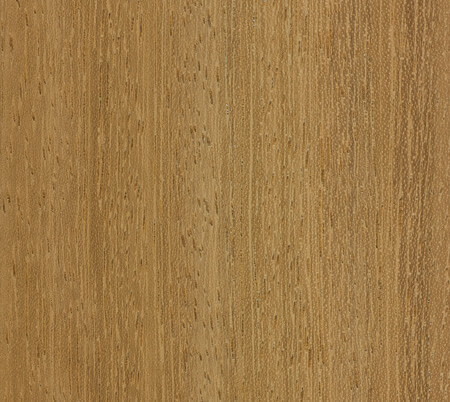
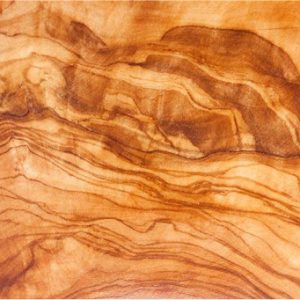
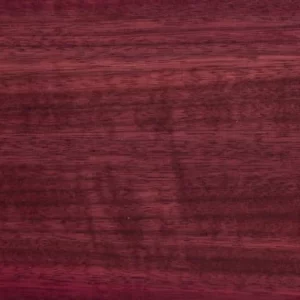
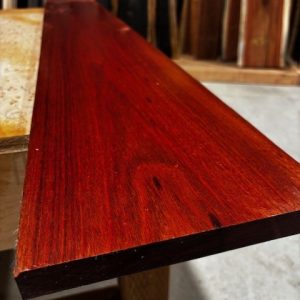
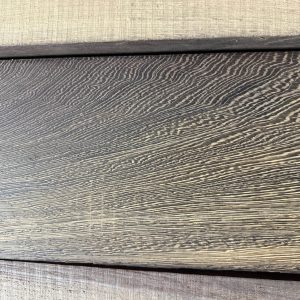
Iroko is often used as a substitute for teak due to its similar appearance and durability. The wood is known for its excellent resistance to decay and insects, making it a popular choice for exterior applications.
Note: Iroko can sometimes cause skin irritation in some individuals. It is advisable to take appropriate precautions when working with this wood.